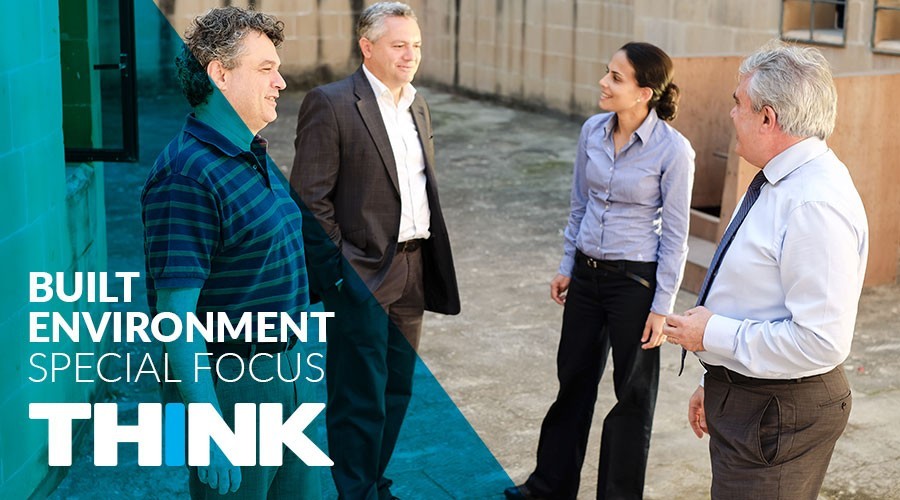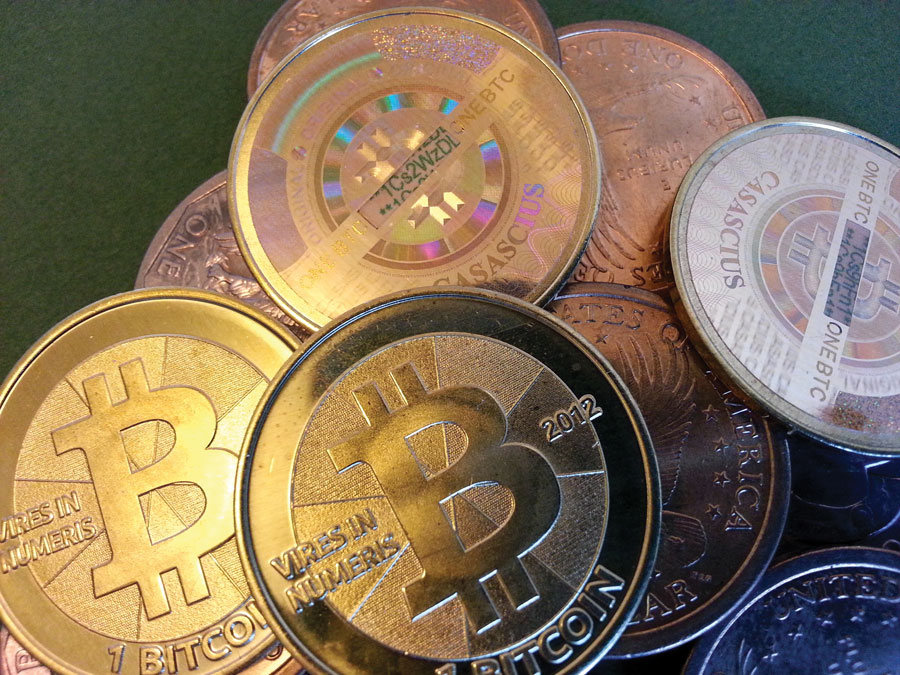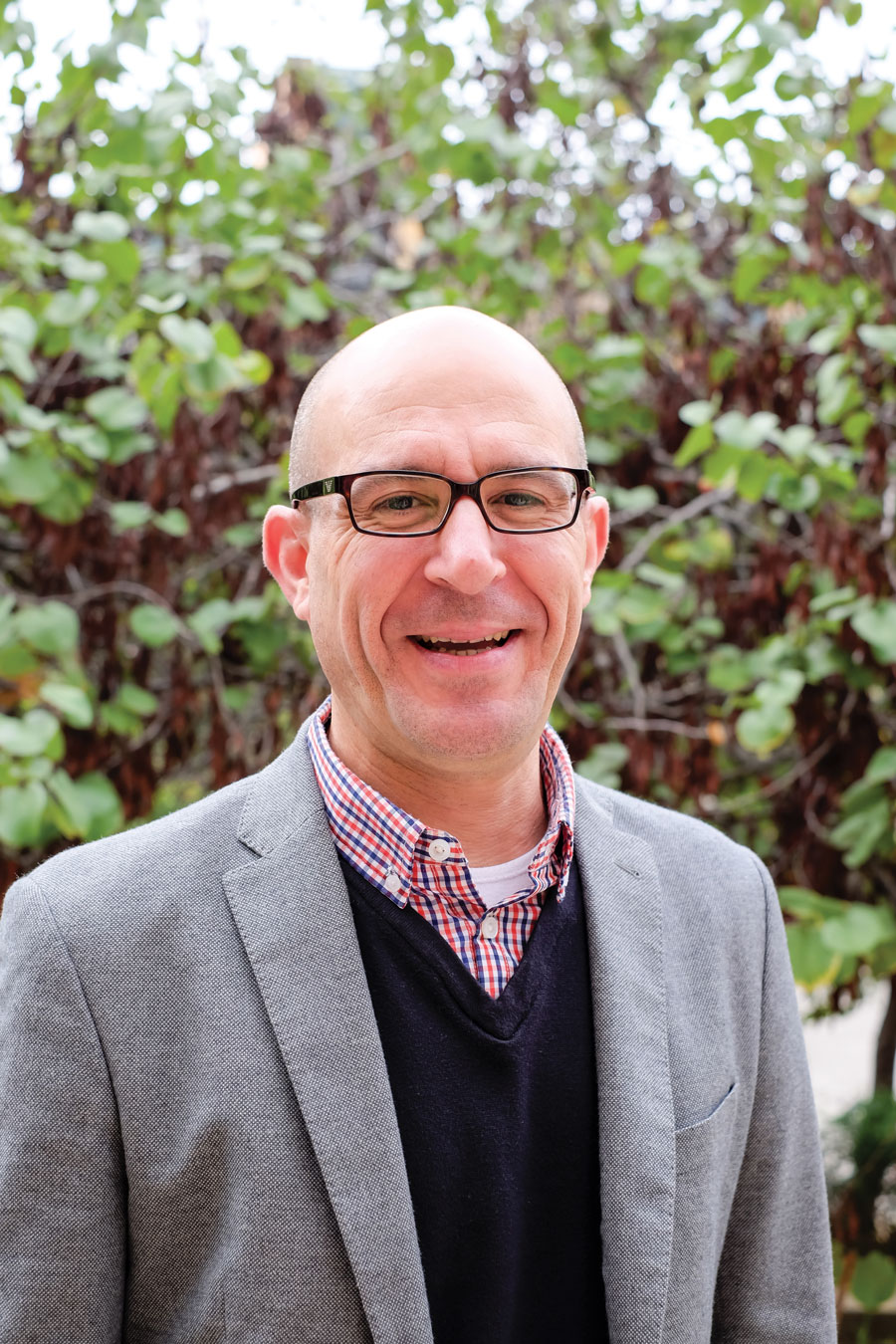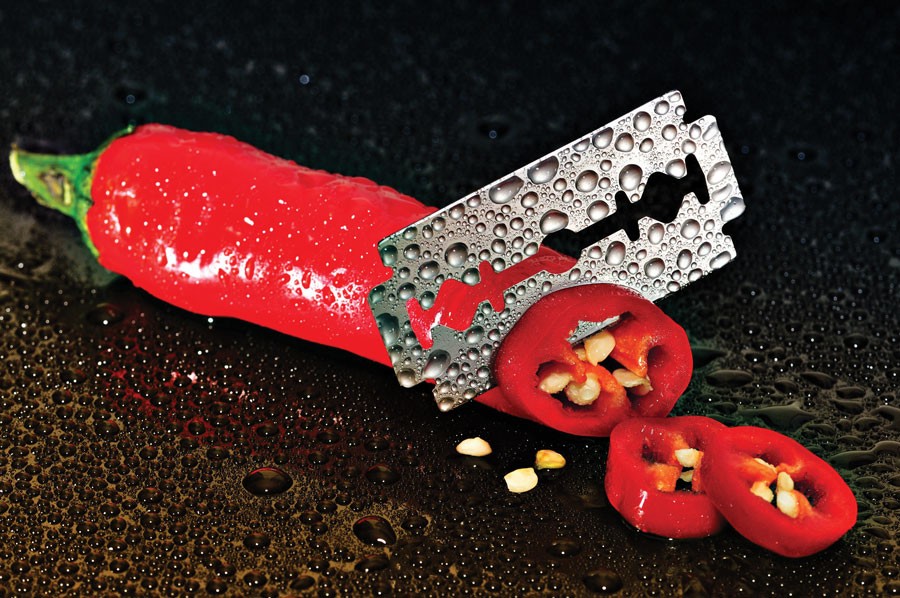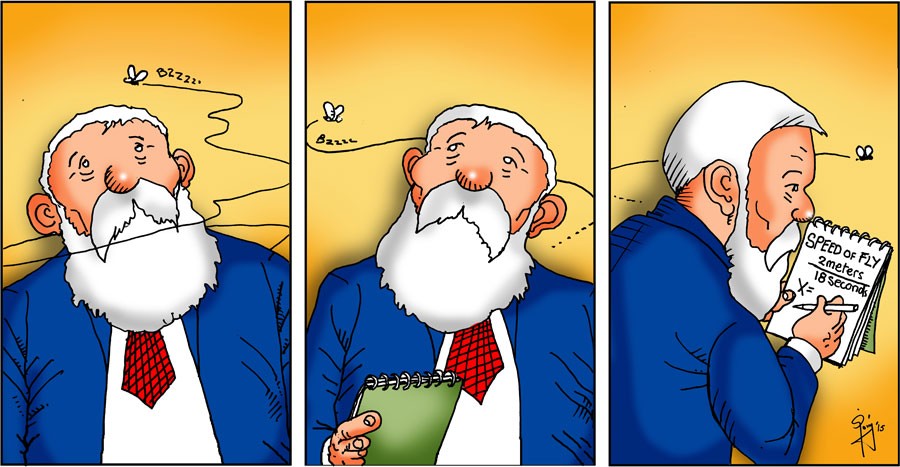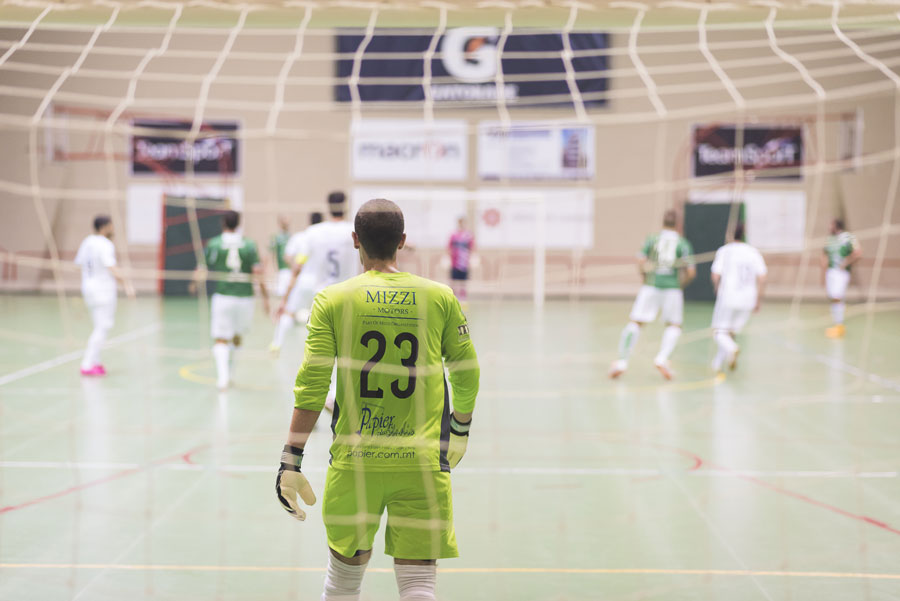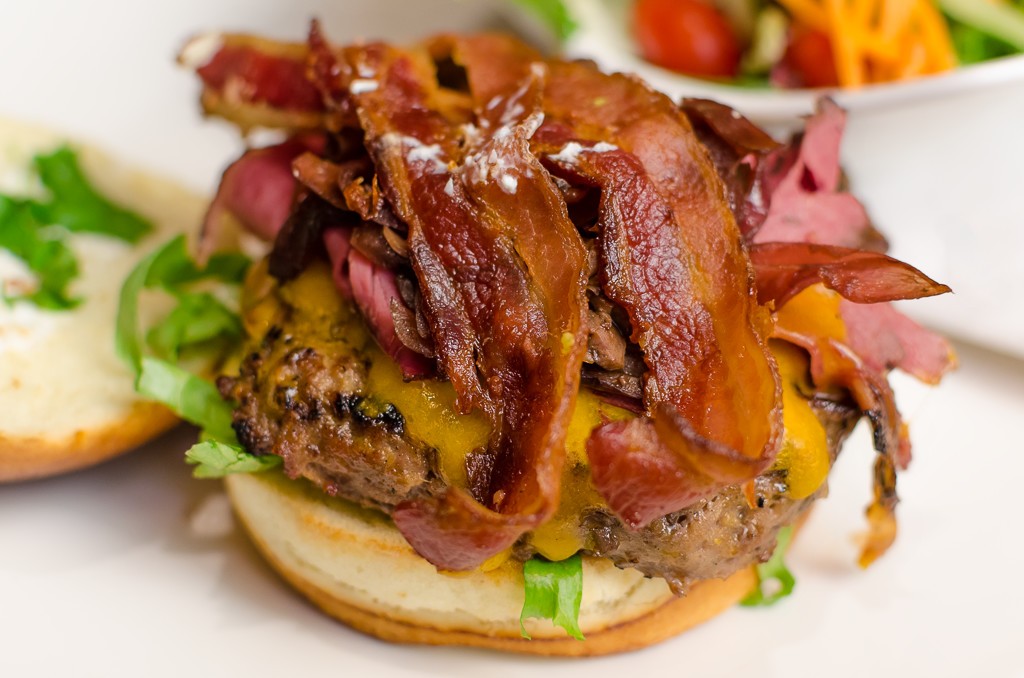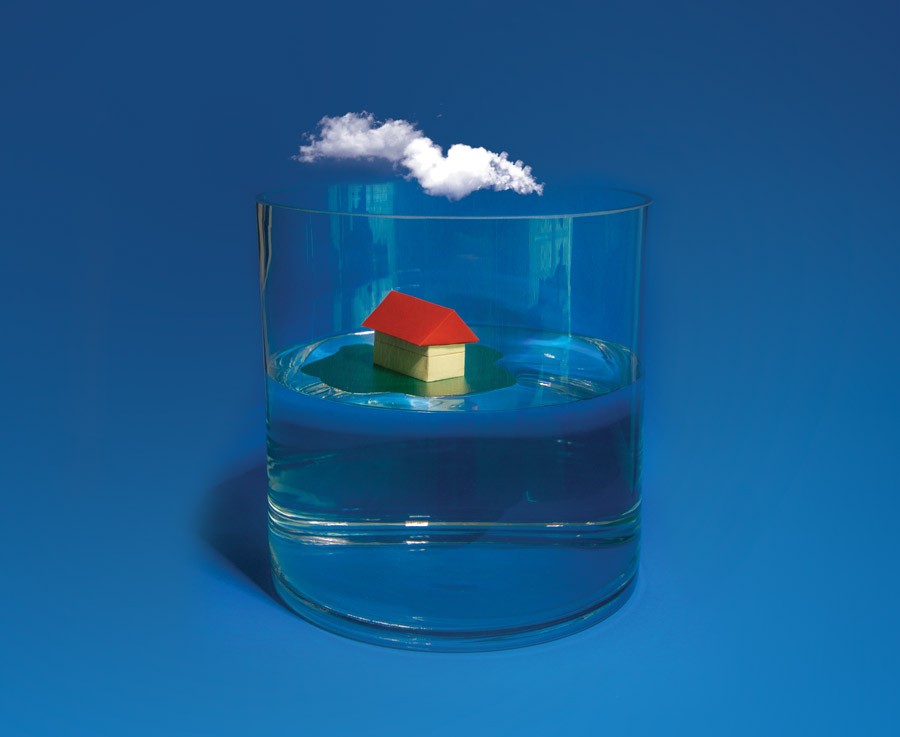Charlo Pisani reviews the Iranian film released in 1999.
Continue readingRumble, rumble, toil and tumble
Parking is a high priority for Maltese homeowners and, as a result of this, garages are becoming compulsory in new buildings. What does this have to do with earthquakes? Dr Claude Bajada meets earthquake engineers Dr Marc Bonello, Dr Reuben Borg, and Perit Petra Sapiano to find out.
Continue readingDIY Mario
Mario meets democracy in Super Mario Maker, a side-scrolling platform game creation system and video game developed and published by Nintendo in which fans are provided with the tools to design and create their own levels. Players from all over the world responded to this call and thousands of levels have already been created, ranging from the brilliant to the dull, from the insane to the even more insane.
Super Mario Maker is a development tool just as much as it is a guided tour of the world of Super Mario. Devoid of enemies to beat or princesses to save, players now witness the familiar 2D spaces raw. They need to populate them with obstacles and challenges and will quickly realise how hard it is to design a good level. This experience reveals the balance and elegance reached in games such as Super Mario Bros. 3.
However, democracy has its perils: many creations will probably be ignored by the Mario community, but a few kind peers will certainly comment and play through them. If you’re good enough, you can become a Mario starchitect, respected and applauded by the community. To reach that status, you need to analyse the failures of others who play your levels. Will you make the level harder or easier? The choice is yours.
There’s no pre-made game in Super Mario Maker. Effectively, the player creates content for Nintendo. The player will stumble through many unremarkable levels but the experience is worth the time and will help you learn to love the possibilities you create in the familiar Super Mario universe.
The future of money?
Money has evolved hand in hand with society. Early civilisations exchanged goods, which were then replaced by precious metals, like gold and bronze that represented the value of other goods. This metal money was made efficient through banks. Banks kept a gold reserve issued to an owner against a certificate. These certificates became paper money. Today’s money revolution is digital. Words by Ryan Abela.
National Excellence
My 100 word idea to change Malta by Prof. Frank Camilleri
To see the details, to hear the sounds, to taste the flavours, to smell the scents, to feel the textures of the urban and rural environments, ecologies, and cultures that constitute the material assemblage called Malta. To be aware of the histories, to be respectful of the diversities, to be participant in the trajectories that have shaped, are shaping, and will shape the movement called Malta. In concrete terms, to improve Malta through the appreciation of who and where we are, which can only be achieved through the aspiration for excellence in every aspect of society. In other words, education.
Do plants feel pain?

Pain is defined by humans as a highly unpleasant physical sensation caused by illness or injury—something that humans usually try to avoid.Continue reading
Don’t Think — December 2015 Edition
The futsal challenge for ALS
This time last year, the Ice Bucket Challenge made ALS (Amyotrophic Lateral Sclerosis) one of the hottest topics across the world. Who had not watched videos of people dumping buckets of ice-cold water over their heads to raise funds for ALS? ALS is a neurodegenerative disease that causes the death of the body’s motor neurons, and which in turn causes mobility problems that can lead to death in the space of just three to four years. Words by Sarah Spiteri.
Should we eat less meat?
Our insatiable, carnivorous appetite persists in driving an increase in the global demand and production of meat. This continues to fuel controversy over the meat industries impact on the environment and its effects on our own health. To continue the discussion, S-Cubed, the Science Student Society has recently held a debate to discuss our meat eating habits. Words by Scott Wilcockson.


